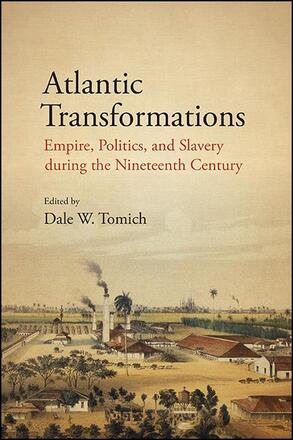
Atlantic Transformations
Empire, Politics, and Slavery during the Nineteenth Century
Alternative formats available from:
Calls attention to the political, economic, and cultural interdependence and interaction of global and local forces shaping the Atlantic world of the nineteenth century.
Description
This book presents a new approach to nineteenth-century Atlantic history by extending the analytical perspective of the second slavery to questions of empire, colonialism, and slavery. With a focus on Latin America, Brazil, the Spanish Caribbean, and the United States, international scholars examine relations among empires, between empires and colonies, and within colonies as parts of processes of global economic and political restructuring. By treating metropolis-colony relations within the framework of the modern world-economy, the contributors call attention to the political, economic, and cultural interdependence and interaction of global and local forces shaping the Atlantic world. They reinterpret as specific local responses to global processes the conflicts between empires, within imperial relations, the formation of national states, the creation of new zones of agricultural production and the decline of old ones, and the emergence of liberal ideologies and institutions.
Dale W. Tomich is Professor of Sociology at Binghamton University, State University of New York. He is the author of Slavery in the Circuit of Sugar, Second Edition: Martinique and the World-Economy, 1830–1848 and the editor of The Politics of the Second Slavery, both also published by SUNY Press.
Reviews
"…Atlantic Transformations offers new ways of thinking about elites as a broad and heterogeneous group by disaggregating their formal political power and informal socioeconomic capital within a world system." — Journal of British Studies